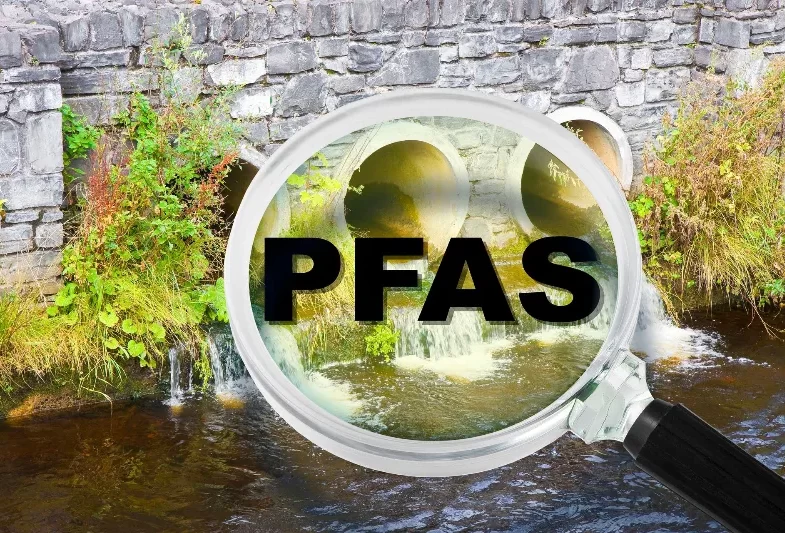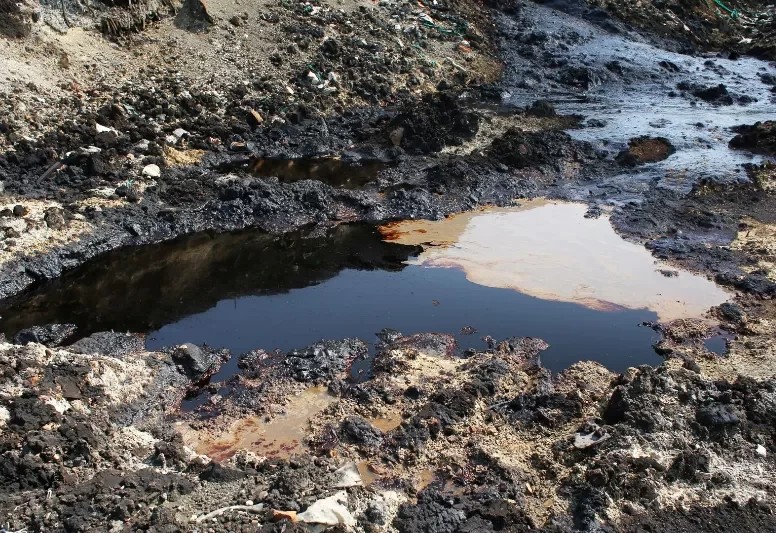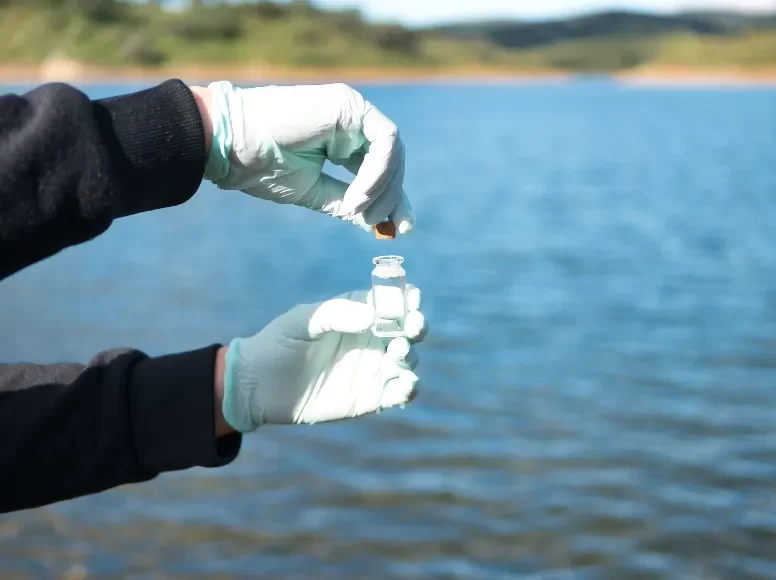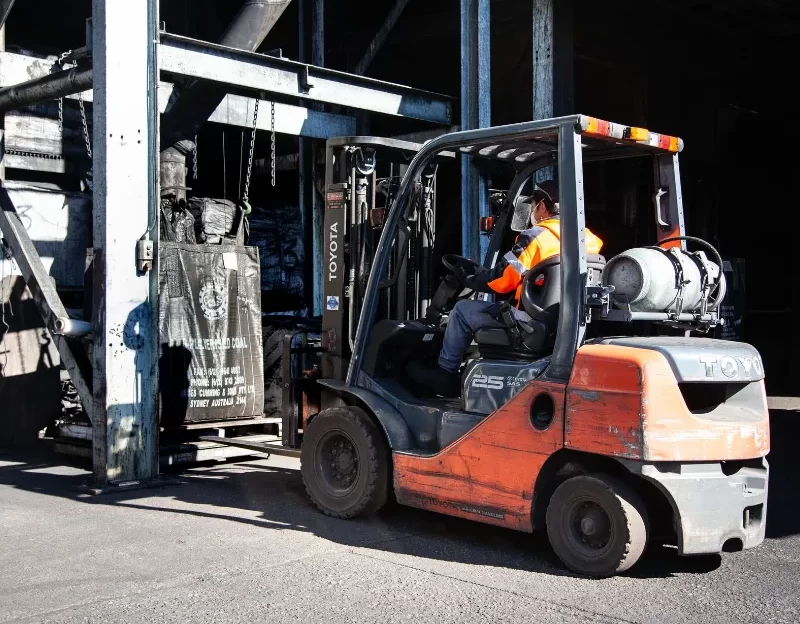Activated Carbon
Granular & Powdered Forms- High internal surface area
- Rapid diffusion kinetics
- Greater loading capacity
- Customisable particle sizing
- Manufactured by an ISO9001 accredited Quality system

In recent years, the worrisome potential of PFAS as a toxic substance has prompted significant concerns, requiring decontamination efforts at affected sites. At James Cumming & Sons, we manufacture and supply premium products for managing PFAS contamination with activated carbon for the soil remediation industry.
Our Sales Manager and activated carbon specialist, David Healy, has extensive experience spanning over 40 years and has been involved in many PFAS remediation projects servicing this very important industry.
“Activated carbons play a vital role in different areas, from purifying water and treating wastewater to controlling air pollution, decolourising sugar, recovering gold and remediating soil and groundwater— tackling issues like PFAS contamination at its source.”

PFAS are a group of synthetic chemicals (per-fluoroalkyls and poly-fluoroalkyls), popular for their water and grease resistance. Over the years, many industries have employed PFAS for various applications, including aqueous firefighting foams utilised at sites such as airports, defence establishments, firefighting training areas and fire stations.
A sequence of linked carbon and fluorine atoms forms PFAS molecules. These chemicals exhibit high stability, can bioaccumulate, resist easy degradation and have the potential to endure in the environment over extended periods.
Due to these characteristics, exposure to PFAS may pose significant health and environmental risks, though long-term effects remain unknown. In the context of soil contamination, PFAS concerns include water contamination, persistent environmental impact causing widespread ecosystem damage and regulatory compliance issues.

Activated carbon comes in granular and powdered forms and is derived from coal or coconut char through high-temperature treatment (approximately 1000°C) in a controlled atmosphere. It is well known for its efficient adsorption of various organic chemicals.
Manufactured from selected feedstocks, the end product has a large surface area (approximately 1000 square metres per gram) and a complex structure of pores ranging from visible cracks and crevices at the external surface to gaps of molecular dimensions in the smallest, innermost pores.
Adsorption occurs in the intricate innermost pores due to intermolecular attractions (‘London Dispersion Forces,’ a form of Van der Waal’s Forces), and the larger pores act as ‘pathways’ to the adsorption pores, providing high capacity for diverse organic chemicals.

In managing PFAS-contaminated sites with activated carbon, the typical treatment for contaminated water involves passing it through a column (or multiple columns) of granular activated carbons at contact times of 30-60 minutes.
To address contaminated soil, the process involves either mixing it with powdered activated carbon or employing soil vapour extraction (SVE) to extract contaminants as vapour. Following this, a granular activated carbon adsorber treats the extracted air.
Activated carbon is a highly effective tool in remediating PFAS-contaminated sites. Whether applied to water for capturing pollutants or soil through adsorption, sites can achieve a thorough and effective clean-up. C&S Brand activated carbons have remediated several PFAS-contaminated sites, including RAAF bases at Williamtown (NSW) and Edinburgh (SA).

The NSW Government declared in September 2015 that PFAS had been found both on and offsite at the RAAF Base at Williamtown. The Department of Defence launched a comprehensive environmental investigation to ascertain the complete scope of contamination and assess potential risks to human health and the environment.
In 2016, the NSW Government and an expert panel reviewed the Department of Defence reports, confirming the necessity for ongoing precautions in dietary advice, fishing closures and maintaining the investigation area. They identified consuming contaminated groundwater as the main health risk.
From families hesitating to allow children to walk outside barefoot to the inability to grow vegetables in the ground, the PFAS contamination situation had a significant and concerning impact on the Williamtown community.
James Cumming and Sons supplied activated carbon selected for groundwater remediation at Williamtown with treated sources showing residual PFAS concentrations of less than 0.01 micrograms per litre, highlighting the effectiveness of activated carbon adsorption as a treatment for PFAS-contaminated sites.

We have over 110 years of expertise in pioneering the use of Australian coal for industry.
At James Cumming & Sons, we work with countless industries, including soil and groundwater remediation, and we deliver safe and effective solutions.
To learn more about managing PFAS contamination with activated carbon products or the high-quality products that we manufacture to exact specifications and supply when you need them, contact a member of our expert team today.
for your Filter Coal, Activated Carbon and Carbon additives











James Cumming
319 Parramatta Road,
Auburn NSW 2144 Australia

© Copyright 2025 James Cummings & Sons Pty Ltd. Website by Brilliant Digital
The C&S Brand™ logo are trademarks of James Cumming & Sons Pty Ltd.
ABN 98 000 453 378